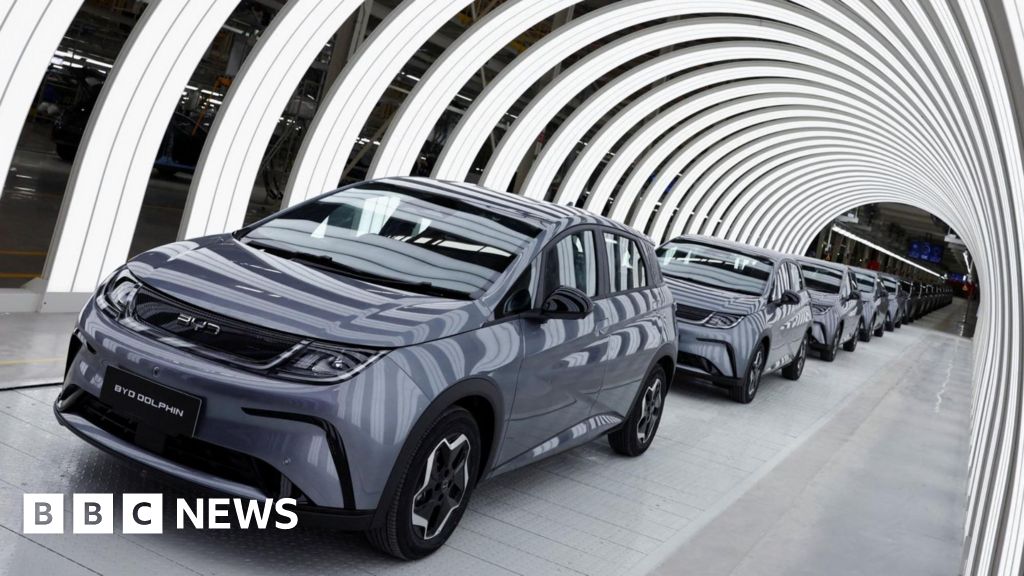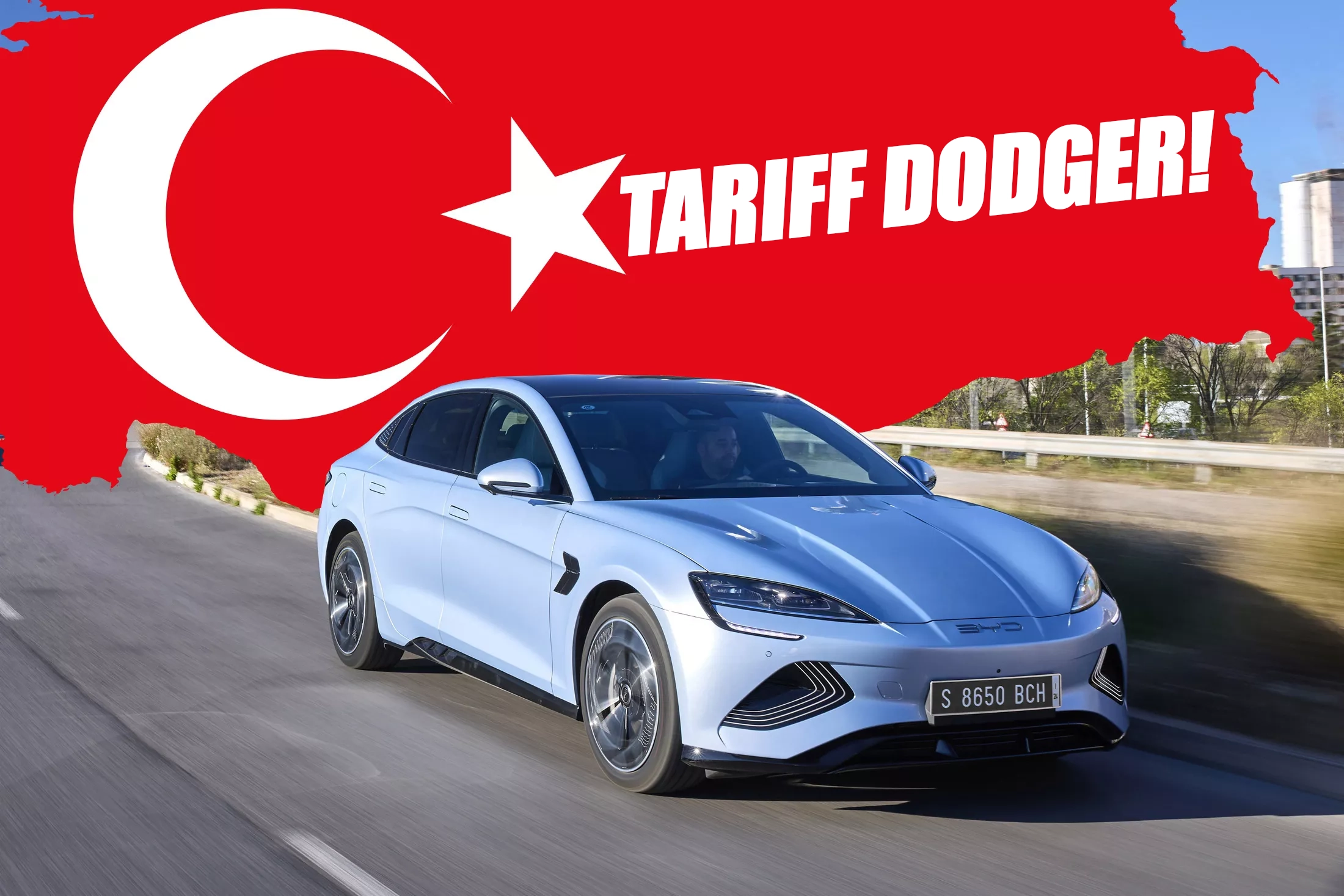On July 8, 2024, BYD signed an agreement with the Turkish Industry and Technology Ministry to establish a new manufacturing plant in Turkiye. The signing ceremony was held in Istanbul and attended by Turkish President Recep Tayyip Erdogan, Industry and Technology Minister Mehmet Fatih Kacir and BYD chairman and CEO Wang Chuanfu. The new plant will be located in Turkiye with a planned investment of $1 billion.

Also Read: Boeing to Plead Guilty to Criminal Fraud Charge Over 737 MAX Crashes
The plant will have a production capacity of 150,000 electric vehicles per annum. Alongside the manufacturing facilities, there will be a Research and Development (R&D) center and a mobility center.
The project is expected to create 5,000 local jobs. The facility is set to commence production by the end of 2026.
The new plant will be located in Manisa, an industrial area in the north of the Western port city of Izmir. Turkey’s position at the crossroads of Europe, Asia, and the Middle East makes it an ideal location for manufacturing and exporting vehicles.
Being part of the EU Customs Union, vehicles produced in Turkey can be exported tariff-free to EU countries, circumventing the new EU tariffs on Chinese-made EVs.
The factory will have the capacity to produce up to 150,000 electric and hybrid vehicles annually. It is expected to start production by the end of 2026.
The plant will create approximately 5,000 jobs boosting local employment and contributing to the Turkish economy.
The company will also establish a research and development center at the plant. This center will focus on sustainable mobility technologies.
The announcement comes shortly after the EU imposed provisional additional duties on Chinese-made EVs ranging from 17.4% to 37.6%.
These tariffs aim to prevent cheap Chinese cars, which the EU claims are unfairly subsidized by the Chinese government.
By establishing a plant in Turkey, BYD can bypass these tariffs gaining competitive access to the European market.
This investment is part of the company’s strategy to expand its manufacturing capabilities outside China. The company opened an EV factory in Thailand, which can produce up to 150,000 vehicles annually and is expected to create 10,000 jobs.
The company has also announced plans to build a plant in Hungary, which will be its first passenger car factory in Europe.
The Turkish government has shown strong support for the automotive sector including measures to attract foreign investment.
Turkey has imposed a 40% tariff on imports of Chinese vehicles encouraging companies like BYD to set up local manufacturing operations.
The company plans to meet the growing demand for new-energy vehicles in Turkey and across Europe. The company expects to sell around 20,000-25,000 vehicles per year in the Turkish market and export 75,000 to the EU.
Also Read: Samsung Predicts a 1,400% Profit Surge in Q2 2024
Turkey has a well-established automotive industry with major carmakers like Fiat, Renault, Ford, Toyota, and Hyundai having long-established operations in the country.
The Marmara region where the new BYD plant will be located is a hub for automobile manufacturing.
Just four days prior to the Turkiye announcement, BYD inaugurated a new plant in Rayong, Thailand with a similar production capacity of 150,000 vehicles annually.
On July 4, 2024, BYD produced its eight-millionth new energy vehicle. It took just over three months to produce the latest million vehicles.
The EU has imposed provisional tariffs of up to 37.6% on Chinese EVs starting July 4, 2024. This move aims to protect local carmakers and has made Chinese automakers to consider local production within the EU.
In alignment with the EU, Turkiye announced a 40% tax on imported vehicles from China to encourage local manufacturing investments.
Another Chinese EV manufacturer, SWM has applied to build a manufacturing plant in Turkiye.
Turkiye is the third-largest automobile manufacturer in Europe producing approximately 1.5 million vehicles annually.
Major foreign automakers like Hyundai, Toyota, Renault and Ford operate in Turkiye often through joint ventures.
Mehmet Fatih Kacir, Turkey’s Industry Minister addressed that the BYD investment showcases Turkiye’s potential to become a center for international investments, innovation and advanced green technology.
Vice President Cevdet Yilmaz addressed that this investment underlines Turkiye’s attractive investment climate and will contribute to the country’s exports and economic reforms.
Since producing its millionth new energy vehicle in May 2021, BYD has quickly ramped up production reaching its eight-millionth vehicle in just over three years.
In June 2024, BYD sold 341,658 new energy vehicles, a 35% year-on-year increase. In June 2024, BYD also commissioned a new factory in Uzbekistan.
Also Read: Greece Becomes First EU Country to Implement Six-Day Working Week






















